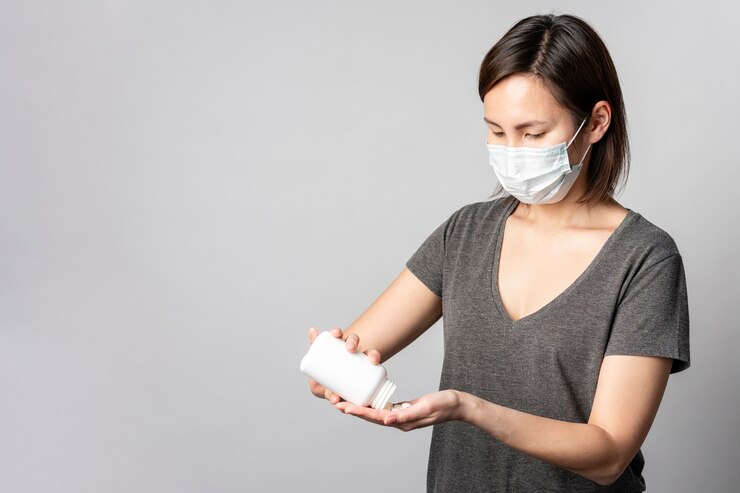
COVID-19 has reached every part of the globe, leading to severe health issues such as liver damage, respiratory failure, septic shock, pneumonia, heart complications, and even death. A major contributor to these complications is the cytokine storm—a condition where the immune system releases an excess of cytokines, inflammatory proteins that flood the bloodstream and damage tissues and organs.
Recognizing the symptoms of COVID-19 is crucial. Common signs include sore throat, headache, and other flu-like symptoms. These may appear anywhere from 2 to 14 days after exposure, though the timeline can vary between individuals. If you or someone around you experiences difficulty breathing, persistent chest pain, bluish lips or face, confusion, or trouble waking up, seek immediate medical attention.
In some cases, COVID-19 has also been linked to strokes. Being aware of these risks can help improve survival chances. While a sore throat and headache can be symptoms of COVID-19, they are not definitive indicators. If you notice these signs, take the following precautions and remedies seriously.
Stay home if you suspect infection. This is the most effective way to protect yourself and others. If you live with others, isolate yourself in a separate room to minimize contact. Even mild symptoms like a runny nose or headache warrant staying indoors, as you could still spread the virus to others.
A weakened immune system makes it easier for the virus to take hold, so avoid worsening your condition or endangering others. If you require medical help, contact a doctor by phone rather than visiting a clinic or hospital. Emergency medical services can also assist with testing and treatment if needed.
For those in cities like Dallas and Austin, at-home COVID-19 testing services such as Drip Hydration are available. These services can administer tests and offer medical advice if you test positive.
Remember, no illness lasts forever—not even COVID-19. With proper rest and by following your doctor’s instructions, you can recover and help prevent the virus from spreading to others.






